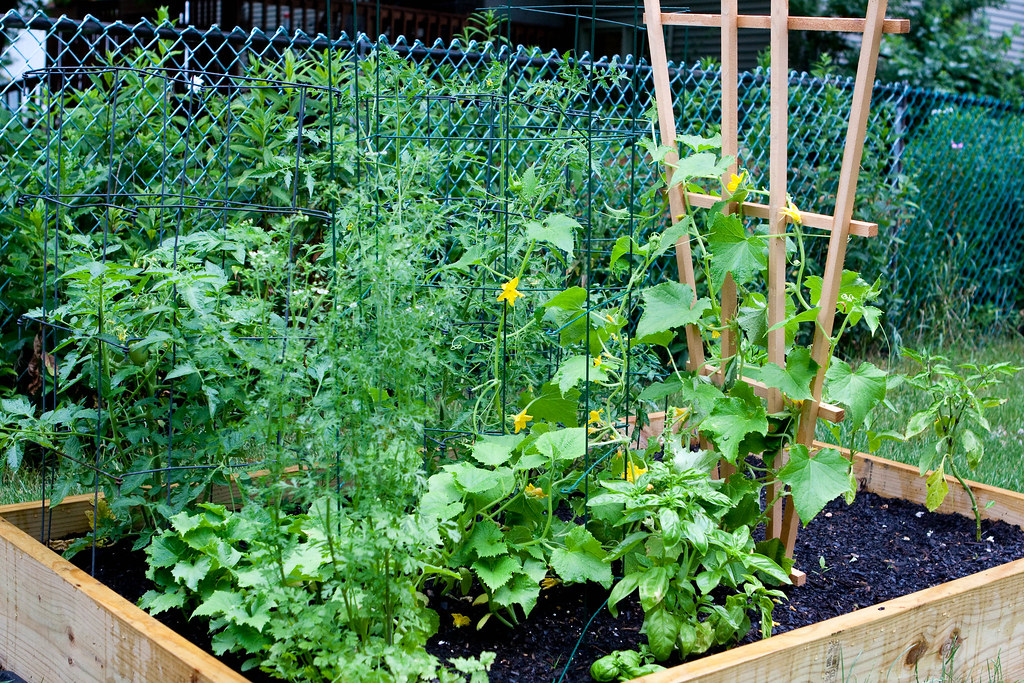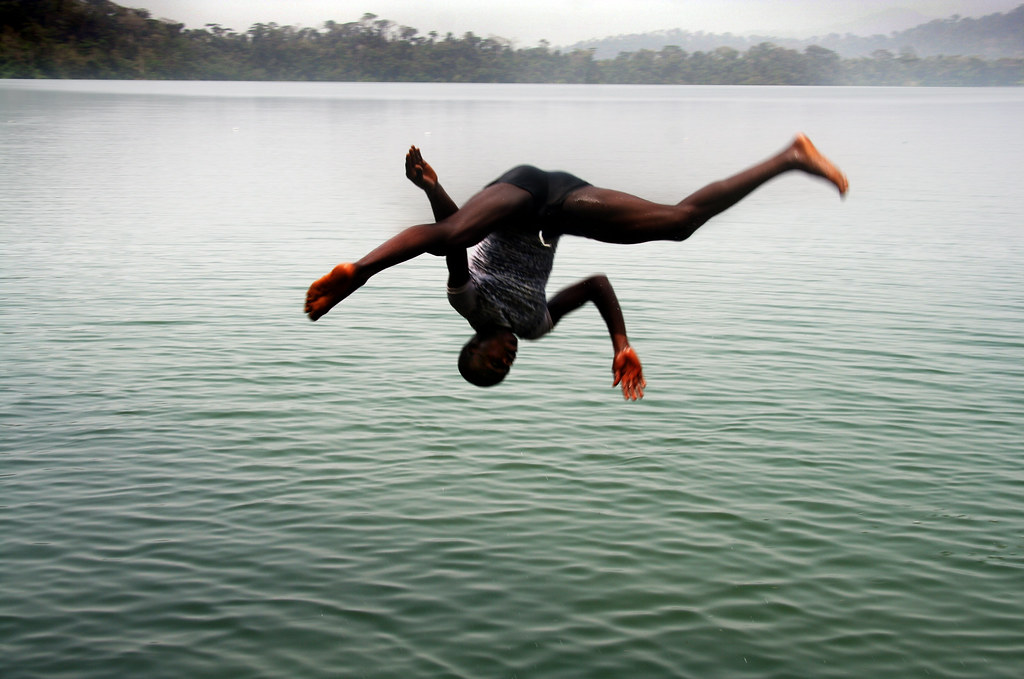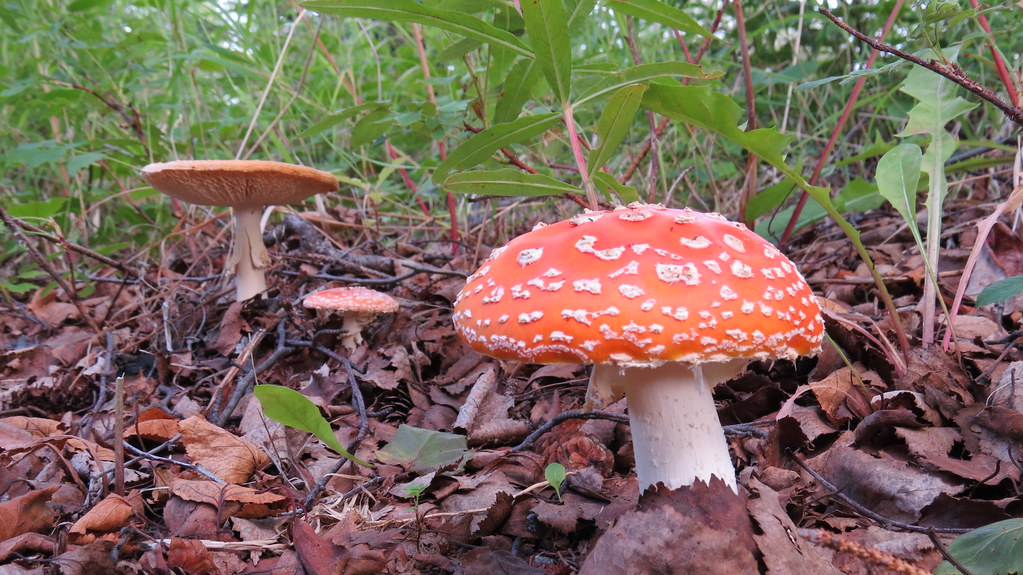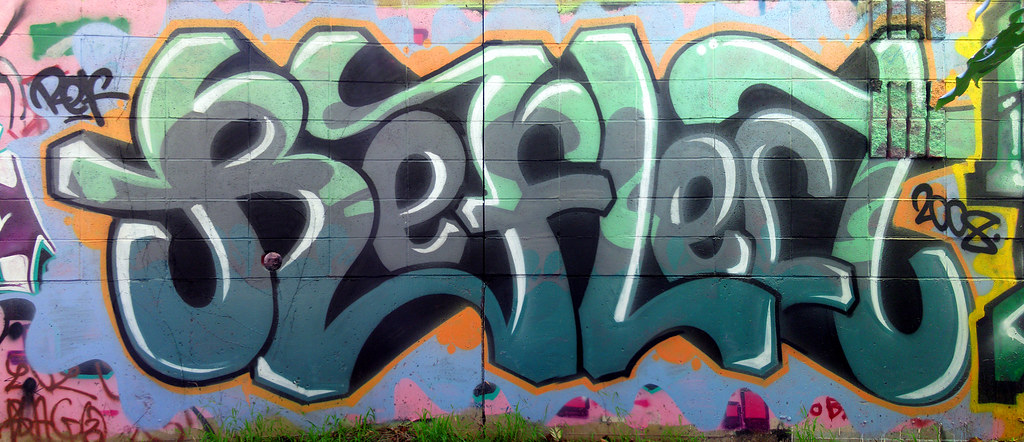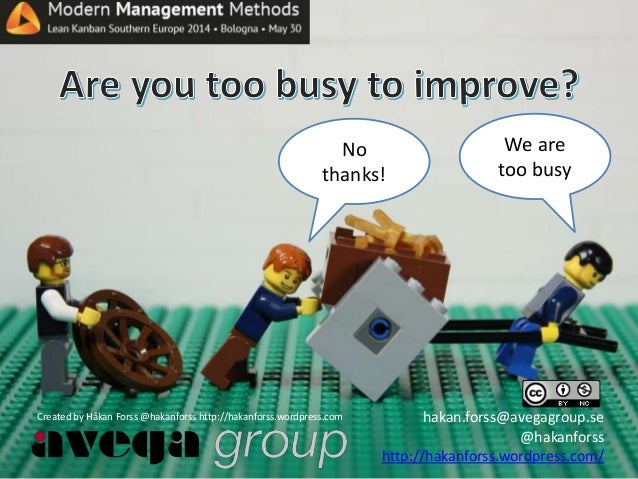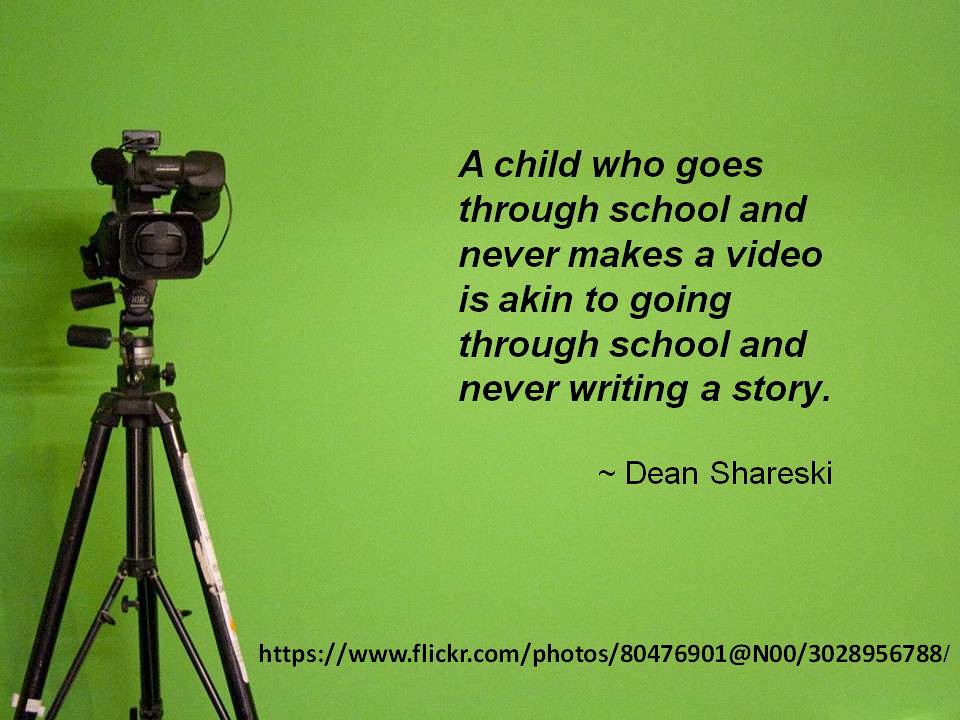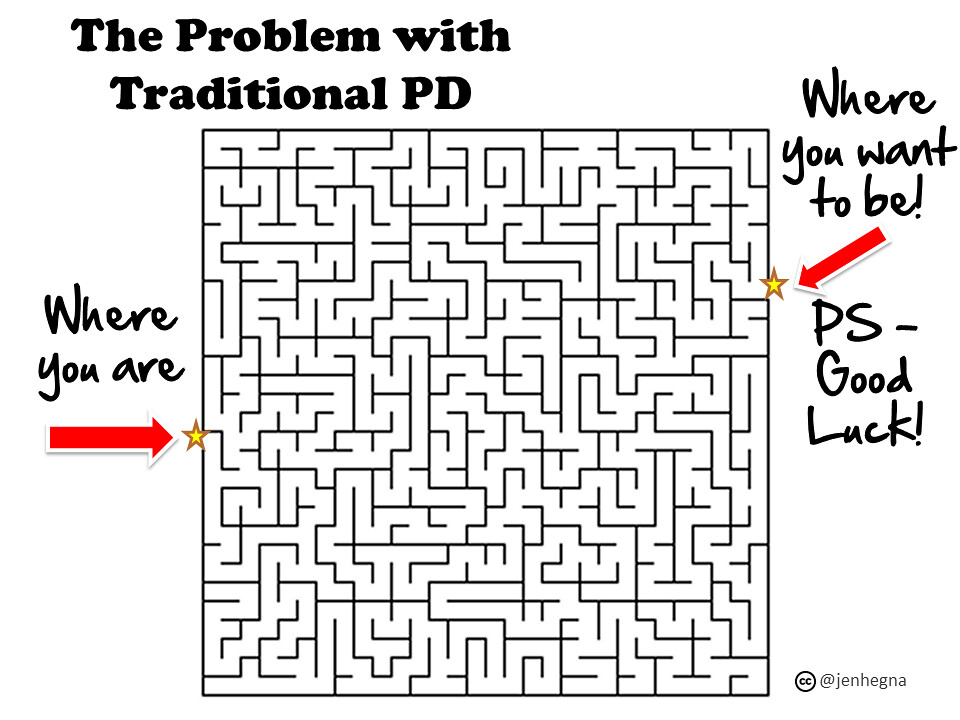The Lived Experience
Phenomenology is the idea of making meaning from your lived experiences (basically). During my master's research I used this methodology to dig deeper into my understanding of what it meant to be an environmental educator. As a teacher, I believe in the idea of constructivism, and making meanings based on your previous experiences. So much of learning for me is experiential based, we learn by doing, and reflecting on our actions (either in groups or on our own). With this idea of knowledge as being, I wonder a lot about gamification in the classroom.
What's Real?
My main questions when thinking about gamification or anything really online, is what is real? If we learn from our experiences, what is an "actual" experience. I think this video is pretty powerful, and I think it's something we have to think about as educators, especially when we are moving beyond "connections". So as educators when we are thinking about gamification, we have to think about creating authentic gaming experiences.
Gaming versus Gamification
Frustrations first, earlier this year we had a math website rep come to our school and talk about how their website gamified education, we had a lms platform come in saying they gamified learning. They did this through badges and scores. It totally put me off. Badges, scores, etc. don't make a game. A real purpose or challenge makes a game. Through this real purpose you can have opportunities to level up, or earn points but clicking a button to "practice" math skills is not a game. It's clicking a button (that has no real learning value).
I struggle with gamification, because I don't think I like the term. Apple uses challenge based learning, PYP uses their performance task to illuminate their central idea, and using pedagogy like this to engage your class can create a game like atmosphere. Setting challenges for students to complete before they meet the next challenge is more what I think of when I think of gamification.
I loved the
minecraft history project video. No where was the teacher trying to create a game like atmosphere. There was a question posed (create a sustainable city) and different ways to reach that goal. I personally have a hard time imaging someone doing a more in-depth job than the student who used Minecraft, but I'm not sure using Minecraft on it's own would've gamified the situation.
In the
"Raising Engagement in e-learning through gamification" there is an emphasis on fast feedback that I believe is crucial. In games you quickly get a sense if you're winning and losing. Using connectivism to interact with other people can help you correct your actions. This formative assessment is crucial for engaged learners.
One of the quotations from this week that resonated deeply with me was:
"It's not about the technology; it is about new ways of thinking. The barriers are in our heads," Harrison says. "Learning is not about content, it is about creation. Isn't that our job: to help kids learn how to do things? Our job is to prepare children for the world that exists." - Nick Morrison
We need to change how we think about learning, not just gamify something. We need to encourage students to create and engage in their learning, not just consume by clicking buttons. A program or an app can't do this. Teachers need to do this, and I think creating authentic learning experiences (online or otherwise) is the most difficult part: however, it's likely the most important part.

